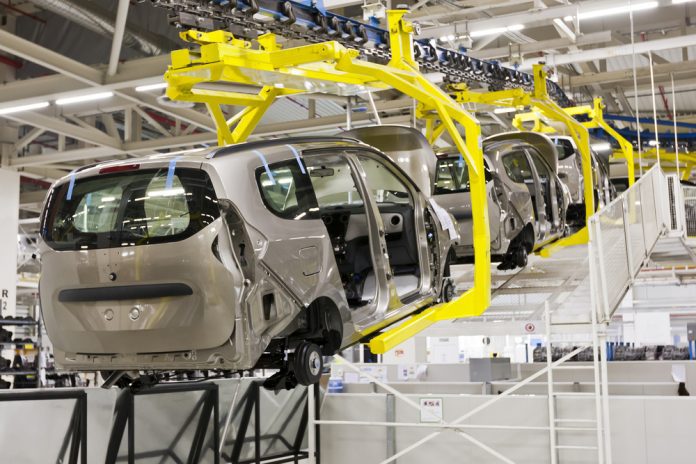Automakers made significant progress toward clean, ethical, and sustainable supply chains in 2023 but still have immense room for improvement in the years ahead.
In its second annual automotive supply chain leaderboard, Lead the Charge, an advocacy network seeking to transform the car business into a more sustainable and ethical industry, identified the changes 18 major auto manufacturers made over the last year to transition away from fossil fuels and avoid human rights infractions.
Their findings indicated that, while the vast majority of brands made some form of progress, U.S. automakers had made the most significant improvement from the previous study. Ford took first place overall, beating last year’s winner, Mercedes-Benz, after improving its average score by 9 points for a final score of 42 points. Mercedes was only two points behind in 2023, earning the second-best score of 40 points. Tesla came in third place, with a tally of 35 points, but also made the most significant supply chain improvements out of all brands examined, rising 21 points in only a year. Volvo and Stellantis took fourth and fifth place, respectively, with scores of 32 and 27 points. The brands with the lowest scores, from best to worst, were Honda (8 points), Toyota (7 points), BYD (4 points), GAC (2 points), and SAIC (1 point).
However, the overall scores hide notable differences in the way some automakers have prioritized ethics and sustainability. For instance, Ford received 54 points for its approach to human rights and responsible sourcing but only 29 points for its supply chains and progress toward achieving environmental-friendly operations. Stellantis similarly received 37 points for its ethics approach but only 16 points for its logistics. Even Tesla, the world’s foremost electric vehicle manufacturer next to China’s BYD, saw an eight-point difference between its sustainability score (31 points) and human rights score (39 points).
But whether examining these companies through the lens of ethics or sustainability, the automotive industry, as a whole, has a long road ahead before it can meet the standards expected of all business sectors in the modern world. In terms of their supply chains, the average score of all automakers examined in Lead the Charge’s research was merely 16 points. On a human rights and sourcing basis, the score was just 21 points. Both numbers represent improvements of only 5 and 3 points from the year before.
While change can be difficult and painstakingly slow, automakers must avoid resting on their laurels every time they inch closer to their ultimate moral and environmental goals. Holding the industry accountable will be essential to making real progress. Above all, remember that sustainable supply chains and ethical sourcing are more than numbers on a chart that manufacturers may respect or ignore at their whim, but rather the standard to which all industries must be held. Failing to meet these standards is a disservice to the consumers, workers, dealers, business partners, suppliers, and, in truth, every earthly resident impacted by the automotive sector.



